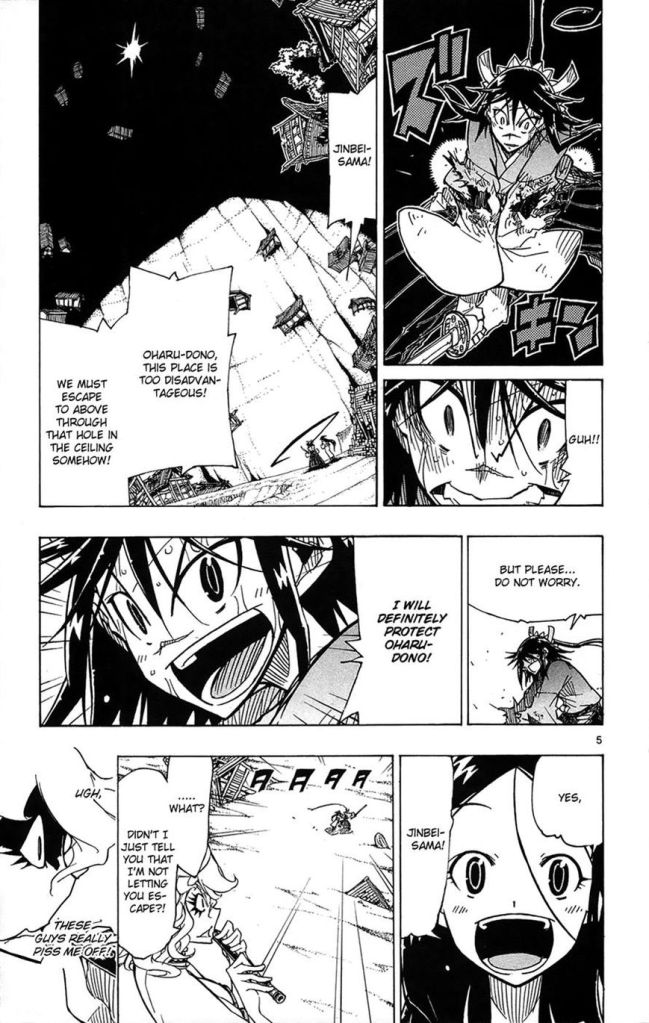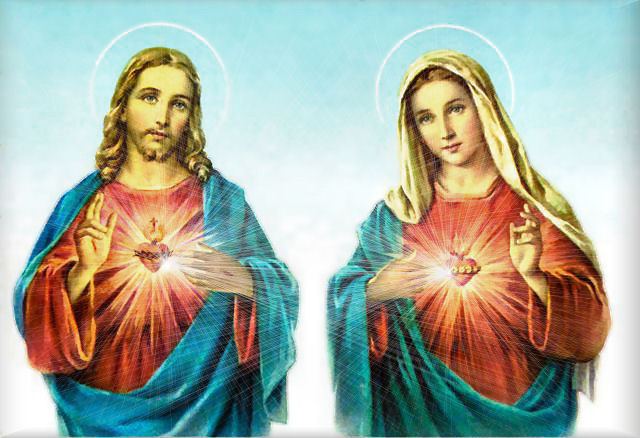A sense of inadequacy comes over me each time I attempt to write the next article on prayer. Either too many important things are left unsaid or I ramble about trifles. My ineptitude has convinced me not to go forward with that series of articles lest I warp someone’s mind. At least the article on prayer’s necessity was posted, because praying itself is the most important thing we can do. Even if one is making every possible error, God can lead a person who prays to right these faults. But, I do realize that some of my dear readers were waiting for the next three articles. In lieu of them, please accept this little collection of unoriginal maxims and explanations of them from yours truly.
- Begin in thanksgiving, proceed in contrition, lift your voice in praise, and end in humility.
One should always consider one’s littleness when approaching God, our utter reliance on Him, and how great He is. By thanking Him, we acknowledge our reliance on Him. By sorrowing over our sins, we recognize that all the grace He has given us was completely unearned, realize His unfathomable goodness and mercy in pardoning our sins, and understand that He treats us so much better than we deserve. By praise, we offer a fitting, though by no means adequate, return for His goodness and meditate on God’s greatness. By keeping mindful of everything above, we humble ourselves and please God through our efforts to be humble.

- Worldliness chokes prayer.
We draw toward those things about which our minds contemplate. Always thinking about one’s daily life or those good things which we desire cause these things to follow us into our prayers, making prayer difficult or impossible. Striving to consider God as the last end of our work and leisure and avoiding excessive desire for pleasurable goods makes prayer easier.
- A simple mind speaks many prayers. A complex mind can pray but one word.
As noted in the prior maxim, always seeking God makes prayer easy. Such a person may complete devotion after devotion with ease and recollection. (Though, it is generally inadvisable for most people to engage themselves in many devotions. Stick to a few for your daily regimen and perhaps celebrate feast days as they come.) Often, someone who is very busy, bombarded with temptations, or immersing himself in pleasurable goods will find that he can barely pray. In such a state, it is best to unite oneself with the groanings of the Holy Spirit (Romans 8:26) by repeating the word “God” or “Jesus.” (The Catholic Catechism does say that the Holy Name of Jesus is the basis for all prayer.) By constantly repeating this word, all our other concerns or desires fall from the mind until it becomes pure enough to pray at length.

In giving St. John the care of His mother, Jesus also made her the Mother of all men, and she, after God Himself, is most solicitous for the salvation of all men. Also, if God especially hears the prayers of good men, how much more will he hear prayers uttered from the Immaculate Heart of Mary which never knew sin? How foolish we would be not to beseech her intercession before the throne of Jesus Christ!
- The names of St. Mary, St. Joseph, and St. Michael are on the tongues of all. After them follow those who bear our own names, and lastly those whom our personality and experience select.
Among the saints, everyone should seek the assistance of St. Mary, St. Joseph, and St. Michael. Then, one will feel closely attached to those who bear their own name. Afterwards, one makes acquaintances among the saints through their spiritual reading and experiences, choosing the ones which most appeal to them. Each person may decide the degree to which they venerate these saints, but short prayers expressing one’s needs are sufficient–especially concerning the virtues one lacks or needs help in perfecting.

- In spiritual darkness, the friends of God offer lamplight to the soul.
God sometimes withdraws his tangible presence from souls in order to purify them through suffering. Even though we live, move, and have our being in Him, it sometimes happens that we find it difficult to perceive God, and our prayer time is completely arid. God will not allow us to suffer beyond what we are capable; however, during this period of darkness, he allows the saints to offer us some consolation. In the same way, the souls in Purgatory are deprived for a time of the vision of God, but consoled by St. Mary, St. Joseph, their guardian angel, and others.
- Contemplatives may have a dozen devotions, but a few are sufficient for those leading an active life.
Most of us, leading very busy lives, do not have the same amount of time for prayer and contemplation which is available to religious. However, many people are drawn by either love of God or the delight they find during prayer to continue adding devotions, the multitude of which will eventually cause them discouragement and loss of discipline in prayer once they hit a point of spiritual dryness. Saying the rosary, often saying brief prayers to Our Lord throughout the day, praying short prayers to the saints mentioned above, and reading a few chapters of the Bible everyday should be sufficient for most.
Of course, if you’re not married and you find delight in prayer and little delight elsewhere, the religious life’s probably for you.

Guiseppe Moscati. Doctor, University Professor, and Saint.
- Prefer sorrow to joy in meditation.
As human beings, we often fall into sin. Jesus had to pay for all of these sins in His Passion, so it behooves us out of gratitude to often meditate on His sufferings. By considering the pain which our sins cause Him, we are less inclined to repeat them. Also, Jesus looks with great mercy on all who meditate on His Passion with feeling and pours forth many graces on them. It is a good thing to meditate on our goal, Heaven, but not as much as the Passion.
- Fill the morning hours with prayer.
One mistake people make is that they reserve most of their prayers for the end of the day. It is much more profitable to perform our devotions in the morning so that our minds are focused on serving God from the very beginning. Of course, some people’s schedules do not admit that, but say at least an Our Father and a Hail Mary before preparing yourself for work.

- Invoke God constantly throughout the day.
This practice prevents us forgetting that our purpose in life is to know, love, and serve God in this life and the next. Using these brief invocations causes the thought of God to be constantly on our minds, which prevents us from falling into sin or missing opportunities for good works. One can use any of these ejaculations or lines from certain litanies. The author tends to use: “Jesus Christ, Son of the Living God, have mercy on me, a sinner!” or “Heart of Jesus, King and Center of all hearts, have mercy on me!” or the one beginning “Jesus, Mary, and Joseph, I give you my heart and my soul.” or “Dearest of Mothers, pray for us!” or “Sorrowful and Immaculate Heart of Mary, pray for us who have recourse to thee.”
- Do not neglect spiritual reading.
You are what you eat, and reading offers food for thought. Only reading worldly books causes the soul to become worldly. But reading spiritual books keeps us mindful of what is of true value. The Bible ranks highest on the list of books to read followed by The Imitation of Christ, The Rule of St. Benedict, and various other works.

- Do not vow to say prayers.
If one vows to do anything for God, He will expect us to fulfill it. While a priest or religious vows to recite the Divine Office, I don’t think that a layman–since the business of the day may prevent him from praying or meditating to the extent which he would like–ought to vow anything, lest one sin through negligence.
Well, I hope that these maxims provide a little guidance for everyone. Of course, the Philokalia in particular and several other devotional books, like St. Francis de Sales’ The Introduction to the Devout Life, have more thorough advice and proverbs for you to follow.






























